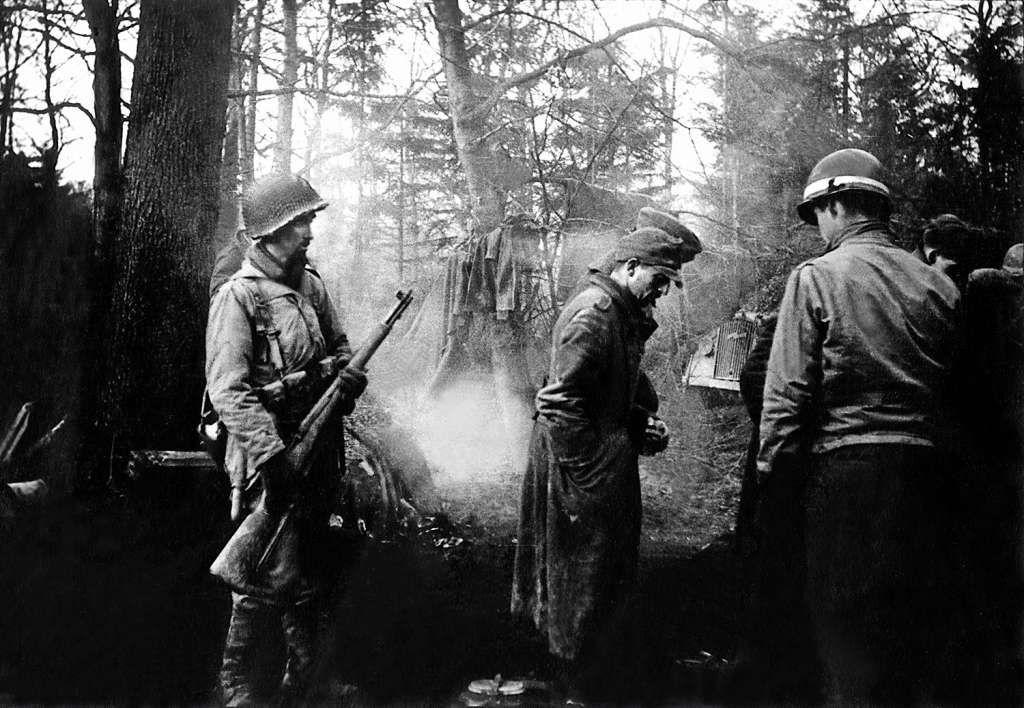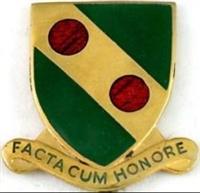-
Contributing Member


24 Dec 2021 Garand Picture of the Day

Hurtgen Forest, December 1944
Information
 |
Warning: This is a relatively older thread
This discussion is older than 360 days. Some information contained in it may no longer be current. |
|
He is no fool who gives what he cannot keep to gain that which he cannot lose
There are no great men, only great challenges that ordinary men are forced by circumstances to meet.
-
The Following 14 Members Say Thank You to Mark in Rochester For This Useful Post:
25-5,
30-06_mike,
Bill Hollinger,
Bob Seijas,
Bob Womack,
ed skeels,
fjruple,
Flying10uk,
frankderrico,
Jonzie,
lgr1613,
Ovidio,
rayg,
RCS
-
12-21-2021 04:56 PM
# ADS
Friends and Sponsors

-
Legacy Member

-
-
-
Contributing Member



Originally Posted by
Daan Kemp

Main job?
World War II
During World War II, Military Police schools were established at Camp Gordon, Fort Benjamin Harrison, with the Military Police Replacement Center established at Fort Custer. MPs also trained for port security at Fort McHenry. Military Police soldiers moved traffic along the Burma Road, supported amphibious operations on Normandy beachheads, and managed enemy prisoners of war from Italy to the South Pacific.
to the South Pacific.
When the Red Ball Express (a supply route stemming from Normandy to the front lines) was established in August 1944, MP performed route reconnaissance and security to keep the trucks and supplies flowing. This was the 793rd Military Police Battalion's (disbanded 2014) first mission in theater and commemorated this in their coat of arms and unit insignia; which consists of a field of green, a yellow road, and two red disks symbolizing the famed route.

Thanks to the actions of First lieutenant John Hyde and his detachment of MP, The Corps was heralded for gallantry at Remagen, as a fighting force in numerous combat actions and as peacekeepers at war's end. In 1944, the Army again saw the need for a unit to investigate crime involving soldiers in Europe. The United States Army Criminal Investigation Division was established as a branch of the Provost Marshal General's Office and has continued investigative activity since.
Army Criminal Investigation Division was established as a branch of the Provost Marshal General's Office and has continued investigative activity since.
After the war ended, cavalry units in Germany were utilized to form the United States Constabulary, a police-like patrol organization. It was disbanded in the 1950s.
were utilized to form the United States Constabulary, a police-like patrol organization. It was disbanded in the 1950s.
In 1949, the newly formed Defense Department was in the process of reorganizing the Army and plans were developed to disband the Military Police Corps. But when Congress passed the Army Reorganization Act in May 1950, the Corps survived, remaining a separate branch of the Army.
He is no fool who gives what he cannot keep to gain that which he cannot lose
There are no great men, only great challenges that ordinary men are forced by circumstances to meet.
-
The Following 9 Members Say Thank You to Mark in Rochester For This Useful Post:

















 PM
PM










